Two former Cab shows to be re-staged in New York this fall. Listen! That sound you hear is the long, withdrawing roar of the summer. And that means the fall theater season is about to begin. Shortly, I’ll be posting a preview of the first three shows of the upcoming Yale Cabaret season, along with other announcements of interest for local theater here in New Haven. But right now, a few words about two shows opening soon in New York.
Fans and supporters of both the Yale Cabaret and Summer Cabaret may be interested to know that two former artistic directors of the Summer Cabaret, Devin Brain (*10) and Dustin Wills (*14), have further developed two shows that began life in the term-time Cabaret—Bones in the Basket and The Fatal Eggs, respectively—and this fall they will both be staged on back-to-back weekends at the Araca Project in New York. The Araca Project is an initiative to foster entrepreneurs from Yale, Syrcause, University of Michigan, Northwestern University, and Florida State. Artists selected are enabled to produce their work in an Off-Broadway venue.
Both shows have online sites for fund-raising. The Fatal Eggs, which has support through a Princess Grace grant, recently met its goal, but there’s always room for more; Bones in the Basket has 3 days left to reach its goal and, last I looked, had just under 60% of goal pledged
About the shows:
Bones in the Basket Devin Brain was co-artistic director, with Chris Mirto, of the Cabaret in the 2009-10 season, which happened to be my first season of attendance at the Cab. And that means I missed the Cab production of Bones, though I did catch a workshop staging of it about a year ago in NY. Brain was also the artistic director of the Summer Cabaret in the 2011 season; titled The Yale Summer Shakespeare Festival, the program featured two Shakespeare plays and The Rose-Mark'd Queen, Brain’s own ambitious and entertaining condensation of four Shakespeare history plays into one gripping show. In addition to Bones, and working as assistant director on a version of the Tempest at La Mama, Brain has a production of Macbeth in the works that will go on tour—beginning at the Guthrie in Minneapolis—and return to NYC in the spring.
Drawn to works with, shall we say, darker-than-average themes, Brain has found in Bones a greatly simpatico project. The show originated when cast member Alexandra Henrikson (*11) brought around a book of folk tales translated from the Russian, stories she was raised with. As with Grimm “fairytales,” these folk tales—many of them animal fables as in Aesop—have elements of the bizarre, the magical, the eerie. But unlike the Grimm tales—particularly in what Brain calls their “cleaned-up versions” familiar from Disney films and the like—the tales in Russian were, Brain says, told in bars for drinks and to entertain the clientele. They were decidedly not conceived as bedtime stories for kiddies. And, in comparison to Aesop, the “morals”—if that’s what they are—of the stories accept a rather harsh universe in which, at best, cleverness is rewarded and stupidity punished. Brain and company found the stories “morbid and dark in a comic, laughing way.” They adapted a selection of the tales into a form well-suited to the experimental space of the Cabaret and produced one of “those shows”—the ones that its audience remembers and its cast hopes to have a chance to do again.
That chance has come—Brain thanks YSD Dean James Bundy for suggesting he apply to Araca—with more money than before, 3 1/2 weeks of rehearsal, and a 140-seat auditorium with proscenium stage. It will be “the fullest set” the company has worked with and, Brain says, the theater has a certain decrepitness that suits Bones’ destitute “on the run” troupe, cadging what they can from whatever audience they can find. A bit like off-off-off Broadway theater. Returning again to the troupe are YSD grads Danny Binstock (*11), Jillian Taylor (*11), Blake Segal (*11), Alex Henrikson (*11), and Stéphanie Hayes (*11)—who has been back to stages in CT twice since she graduated: February House at Long Wharf, and a play also inspired by Russian folktales, last seasons’ The Fairytale Lives of Russian Girls at the Rep.
Since the iteration of Bones last year, a new tale has been added and the ending has changed yet again (none of the three versions has ended the same way). Another advantage this year over last year, besides locale and coffers, is the return of Michael McQuilken (*11) of Old Soundroom, as the onstage musician absent last time. He joins the cast of Ringmaster, two divas, and three “roadies” who, as a troupe fallen upon hard times, tell their tales as Russian expats representing, Brain says, “art in need, teaching lessons on loss and how to deal with it.”
It’s not about “happily ever after,” it’s about the unhappy here and now and how to cope. Rather than stories of triumph, Bones showcases stories that give lessons in the mentality needed to survive, stories that in certain circles—such as the Russia of their day—might be considered, Brain says, “treasonous or blasphemous.” With contemporary Russia wading through another dark era, Bones tells us something about the kind of wit and wisdom Slavic culture derives from our existential predicament where a certain general malevolence—in nature, in humanity—is assumed.
And yet the show is not a downer. It’s about the stories humanity tells itself to keep despair at bay.
For more info, tickets, donation: here.
Bones in the Basket October 8-12, 2014 American Theatre of Actors 314 W. 54th Street, New York, NY
***
The Fatal Eggs Mikhail Bulgakov wrote a short story called “The Fatal Eggs” (1925) in order to satirize the political institutions of his day—and the work, as most of what Bulgakov wrote did, immediately ran afoul of authorities in Stalinist Russia. With its attitude toward the people as preyed upon by their government and toward science as sinister—especially when co-opted by the State—“The Fatal Eggs” managed to be a sci-fi tale with bite.
Director Dustin Wills says Bulgakov is “my jam,” and has turned to the writer before when stalled with a project. The first time, he turned to Black Snow which he had first seen in a high school theater competition (Wills' project was The Crucible). The Bulgakov play, about the rigors of the author’s relations with Stalin—who liked some of his work and then kept the writer on a short leash, with little opportunity for publication or staging—lit Wills’ interest. When he needed something to propose for a term-time Cab show his second year at YSD, Wills turned to Bulgakov again, and this time enlisted dramaturg Ilya Khodosh to translate. Their script of The Fatal Eggs is an original dramatic version in English.
As a director, Wills seems to like nothing better than a challenge, and one of the key aspects of the Eggs production at the Cab was how to stage its sci-fi effects—such as a monstrous snake caused by scientific tampering—and how to pack the numerous settings and the dizzying number of characters into the Cab’s minimal space. They did it, after a fashion. But now Eggs, with 7 actors—most former YSD students such as Chris Bannow (*14, co-artistic director of the Summer Cab, with Wills, in 2013), Ceci Fernandez, Michelle McGregor, and Khodosh (all YSD class of 2014 and all in the original production), joined this time by Josiah Bania (*13), Mickey Theis (*14), and two grads of NYU’s Tisch School, Jeanna Phillips and Sathya Sridharan—enacting 56 roles, will get a much fuller staging in a more expansive space. The auditorium for the Araca Project gives Wills a chance to go further into the sometimes extreme effects he’s been noted for in his work at YSD—such as the very physical comedy of Mary Laws’ Blueberry Toast, the outrageous comedy of Kate Tarker’s Thunderbodies, and the ingenious “improv” staging of his dark and endearing thesis show of Peter Pan. This time around, the space should help the narrative of Eggs so that it will be easier to keep the story straight through a use of more distinct settings, with inventive staging by the same creative team Wills worked with the first time around.
As the website describes it, The Fatal Eggs “skewers political incompetence and corruption, misguided faith in technology, a gullible and complacent populace, and a fear-mongering media.” In Bulgakov’s Russia, such skewering meant he would always be a kind of loose cannon whose work would not be staged; in today’s U.S., the play’s targets may seem at times broadly vaudevillian, but bringing together a popular genre like sci-fi with misgivings about the state of our world and of our future is by no means uncommon. Indeed, Bulgakov took his inspiration from H.G. Wells’ Food of the Gods, with its giant chickens and humans, and The War of the Worlds’ manner of disposing of a sci-fi threat. In Bulgakov’s hands, these incidents fuel doubts about the wisdom of “experimenting” with humanity—experiments which may include radical political solutions.
For more info, tickets, donation: here
The Fatal Eggs October 2-5, 2014 American Theatre of Actors 314 W 54th St, New York, NY
For those who have appreciated the student work of these directors, actors, and teams, this is a rare opportunity to see Cab shows expanded and developed further for an audience of New York theater folk and fans, and friends. And the shows complement each other well, though very different in tone: Two darkly comic tales with the macabre trappings of popular genres—the one of sci-fi, the other of folk tales. Both deriving their sense of the human comedy from acerbic Russian sources. Both featuring, in cast and crew, recent graduates of the Yale School of Drama program and directed, respectively, by two former artistic directors responsible for two very successful Summer Cabaret seasons, the one in 2010 and the other in 2013. Two weekends in October, when the thrill of fall should be in the air with the tang of dying leaves. Bones, eggs, so white, and so easily broken.
Get your tickets now!








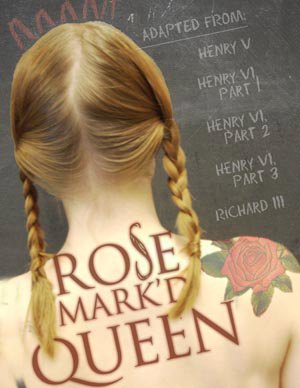


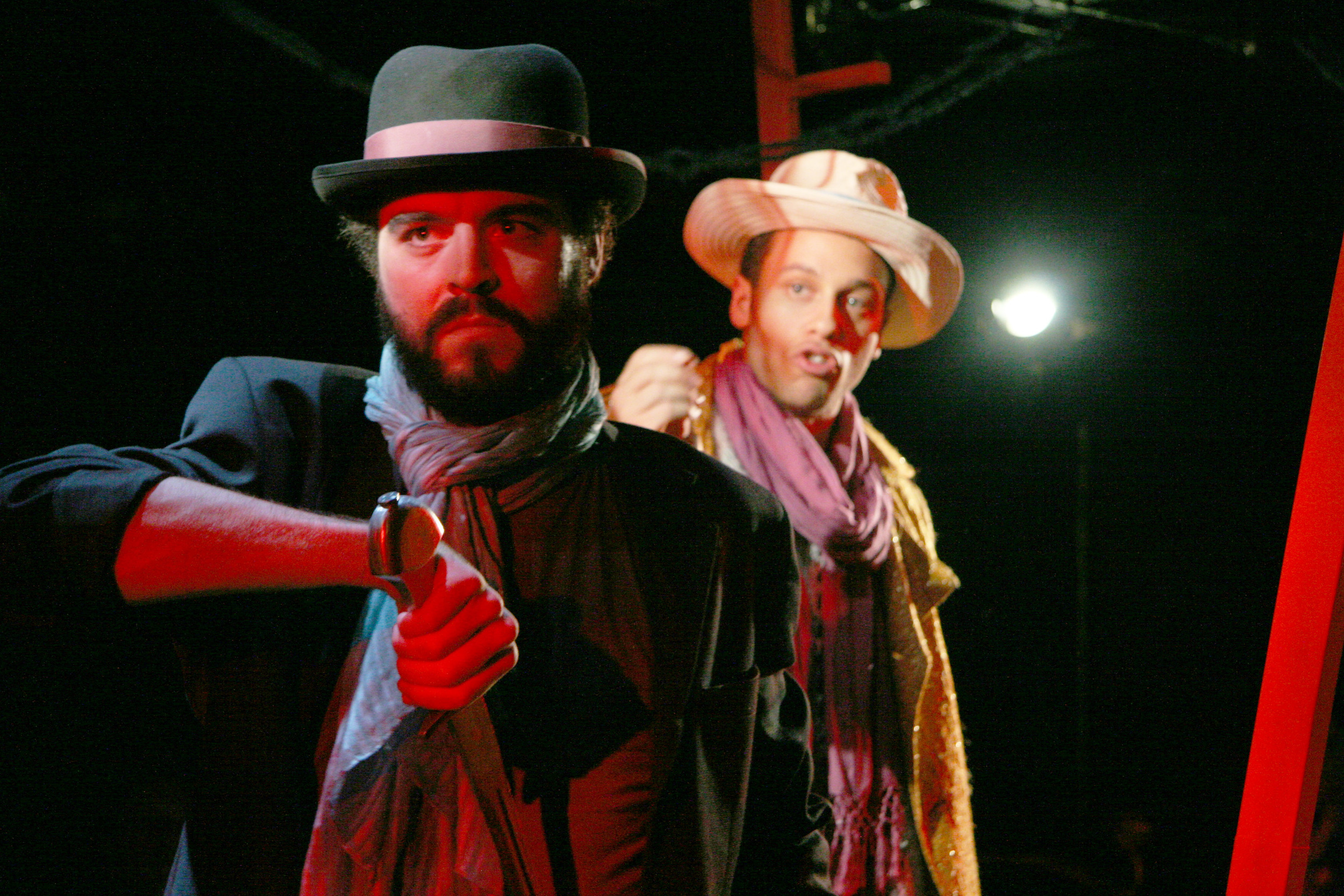


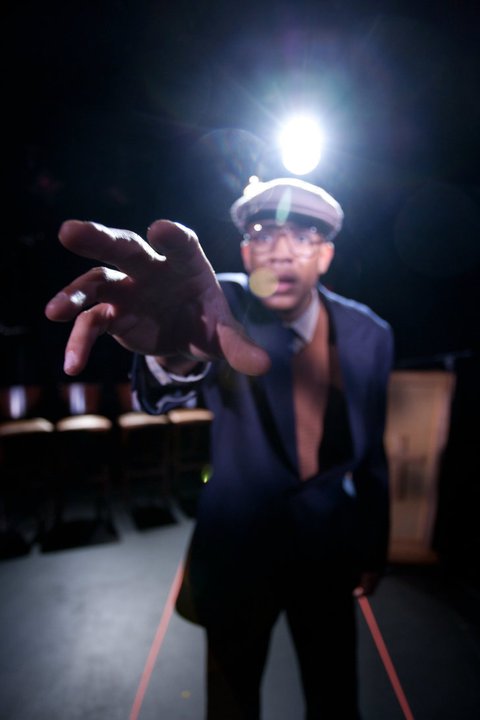

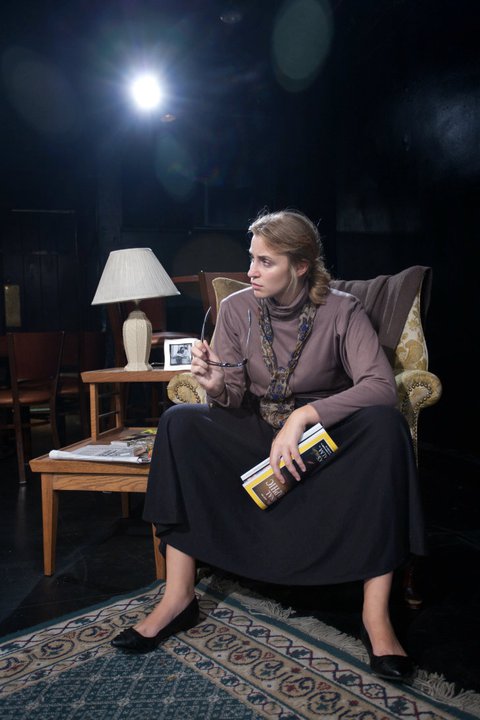





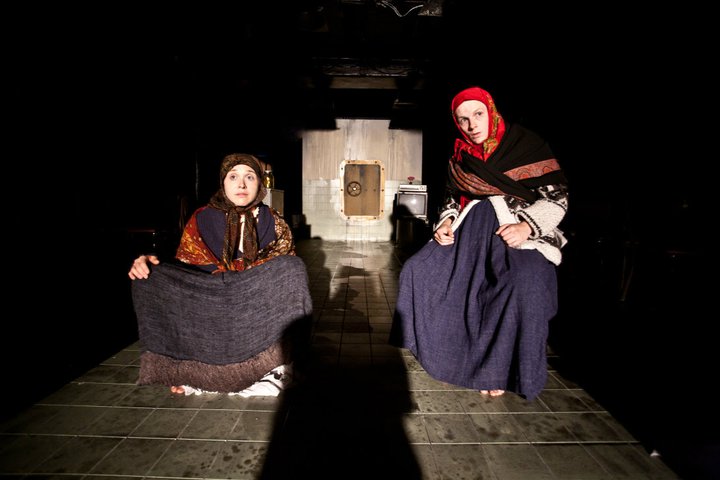


 Director Devin Brain and the cast of the current Yale Summer Cabaret show, The Phoenix, have given themselves quite a task: to render a situation that could be either fantasy or reality, when either is potentially alienating. Based on a haunting story by best-selling Australian author Isobelle Carmody, the play has been derived by the cast via an improvisational process of discovery, which means that the presentation is not scripted so much as agreed upon through trial and error during a long period of gestation.
Director Devin Brain and the cast of the current Yale Summer Cabaret show, The Phoenix, have given themselves quite a task: to render a situation that could be either fantasy or reality, when either is potentially alienating. Based on a haunting story by best-selling Australian author Isobelle Carmody, the play has been derived by the cast via an improvisational process of discovery, which means that the presentation is not scripted so much as agreed upon through trial and error during a long period of gestation.